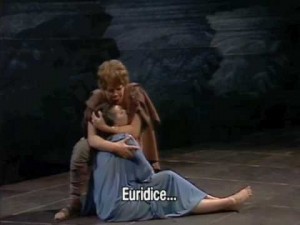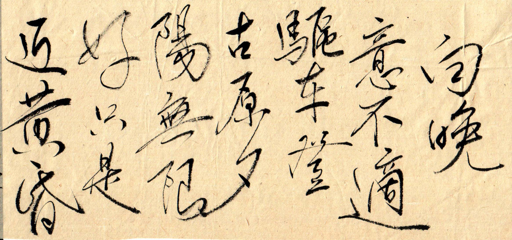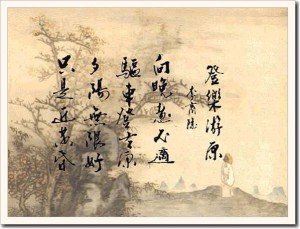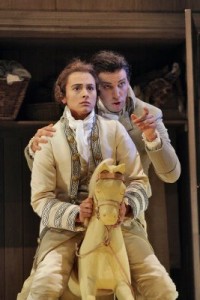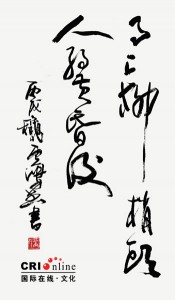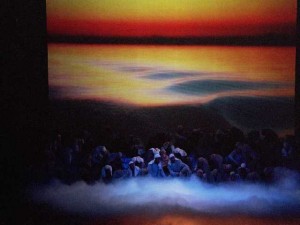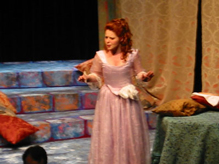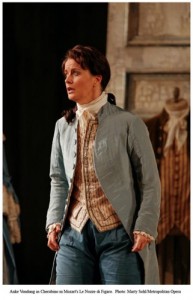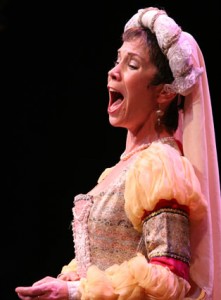“我至親愛的” (意) 吉什皮.吉奧爾丹尼 曲
Tr. YK Chan 陳耀國譯 for Father’s Day
Comments: This seemingly simple Italian art song is in the common syllabus of a voice student. Pavarotti’s interpretation (link below) is very touching. His anguished lamentation of misunderstood love, be it filial or romatic, is aptly expressed. He has impeccably clear articulation and diction. Perfetto e’ bravissimo!
Pavarotti’s clip also include his rendition of Gluck’s Che faro’ senza Euridice (see http://blog.wykontario.org/?p=5718). It’s a pleasant surprise as the aria is usually sung by a mezzo or countertenor nowadays. He applies similar techniques in its interpretation.
Performed by Luciano Pavarotti (tenor) http://www.youtube.com/watch?v=ZB0wc0S2Q3k&feature=related
(Including his rendition of “Che faro’ senza Euridice?”)
By Fritz Wunderlich (tenor) http://www.youtube.com/watch?v=iXkY9atjQ24 (sung in F major);
http://www.youtube.com/watch?v=HVhSr9ds204&feature=fvw (sung in G major)
By Marian Anderson (contralto) http://www.hawaiipublicradio.org/artsong/sng/Caro%20Mio%20Ben.mp3
By Cecilia Bartoli (mezzo) http://www.youtube.com/watch?v=-Hlk8EDA02M&feature=related
By Ada Crossley (contralto) http://www.youtube.com/watch?v=zVFACAzFoVo
Caro mio ben,
我至親愛的,
Credimi almen,
最少要相信,
Senza di te languisce il cor.
沒有你我心雕萎憔悴。
Caro mio ben,
我至親愛的
Senza di te languisce il cor.
沒有你我心雕萎憔悴。
Il tuo fedel
你忠誠摯友
Sospira ognor.
無時不感嘆;
Cessa, crudel,
停息吧,如此忍心,
Tanto rigor!
這般惩罰!
Cessa, crudel,
停息吧,如此忍心,
Tanto rigor!
這般惩罰!
Tanto rigor!
這般惩罰!
Caro mio ben,
我至親愛的,
Credimi almen,
最少要相信,
Senza di te languisce il cor.
沒有你我心雕萎憔悴。
________________________

